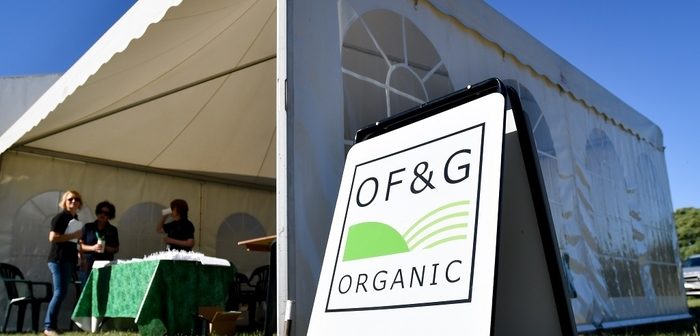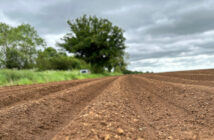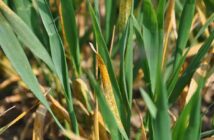The largest UK organic on-farm event, OF&G National Organic Combinable Crops (NOCC), on 3 July at York Grounds Farm in East Yorkshire, will focus on crop varieties, markets and financial returns on offer to growers looking to diversify their farm businesses.
The one-day conference is an excellent opportunity for people and businesses across food supply networks to come together to share experience and transfer knowledge about organic food production and organic food markets.
“NOCC attracts a large number of key stakeholders including organic and non-organic farmers to discuss the challenges and rewards in organic cereals with seed breeders, grain traders, millers, bakers and other food businesses,” says Steven Jacobs, business development manager at OF&G (Organic Farmers & Growers), the founders of this annual event.
He says UK organic grains and pulses are in short supply. “The UK is around 20% self-sufficient in organic feed grains, which has led to a reliance on imports. And while imported product can help support a domestic market, UK agriculture must take advantage of this opportunity. But in order to be successful, more needs to be done to support further development of our organic arable sector.”
“We’re seeing a greater number of food businesses demanding only UK organic ingredients and NOCC provides a platform to showcase the potential that homegrown organic crops can offer to farm businesses who want to improve their soils and their gross margin.”
He adds that York Grounds Farm is the perfect site for the event. “Our hosts, the Thompson family, are celebrating 70 years in organic production this year. Richard Thompson’s father Michael moved the family business into organic cultivation in 1949. Since then, the farm has expanded from 80-acres to a successful 300-acre mixed organic enterprise.”
NOCC delegates will view strip trial plots at the farm including several feed varieties, such as Dunston and Revelation, and new varieties with milling potential, such as Ehogold and Moschus.
Mr Thompson grows cereals for his own feed stocks and to sell to other farms. “I’ve seen a noticeable increase in the demand for organic feed cereals and interest in organic milling wheats, which can be a lucrative venture. But the success of these milling varieties is dependent on how much you can produce and whether it meets high protein specifications”.
He says historically, it has been difficult to guarantee appropriate quality for large-scale millers due to the varieties available being grown without conventional inputs. “The challenge is understanding what millers and bakers need and how criteria may be adapted to match the needs of organic production. This changes hugely depending on the miller, the baker and the variety. This will form part of wider discussions at NOCC.
“Hosting a large annual event like this can be a bit daunting but the team at OF&G are really supportive. And it gives us a brilliant opportunity to show what our farm business is doing and helps us all have discussions between seed breeders, growers, millers and bakers, that are crucial for our sector’s continued success.”
For more information about NOCC, visit www.ofgorganic.org.




